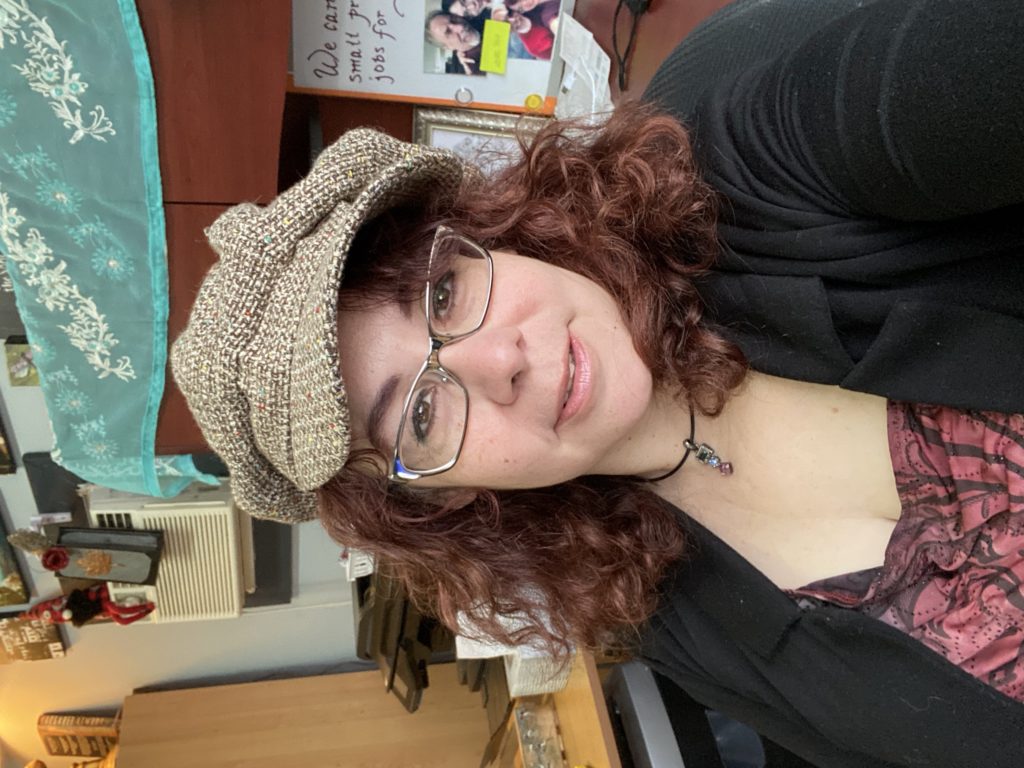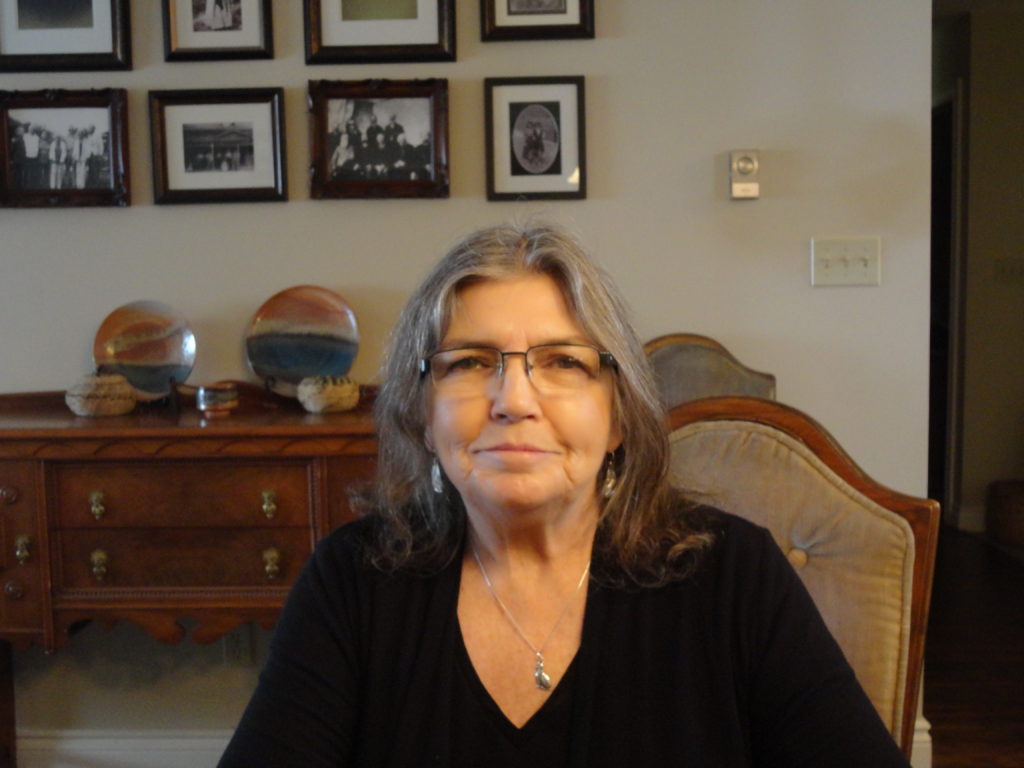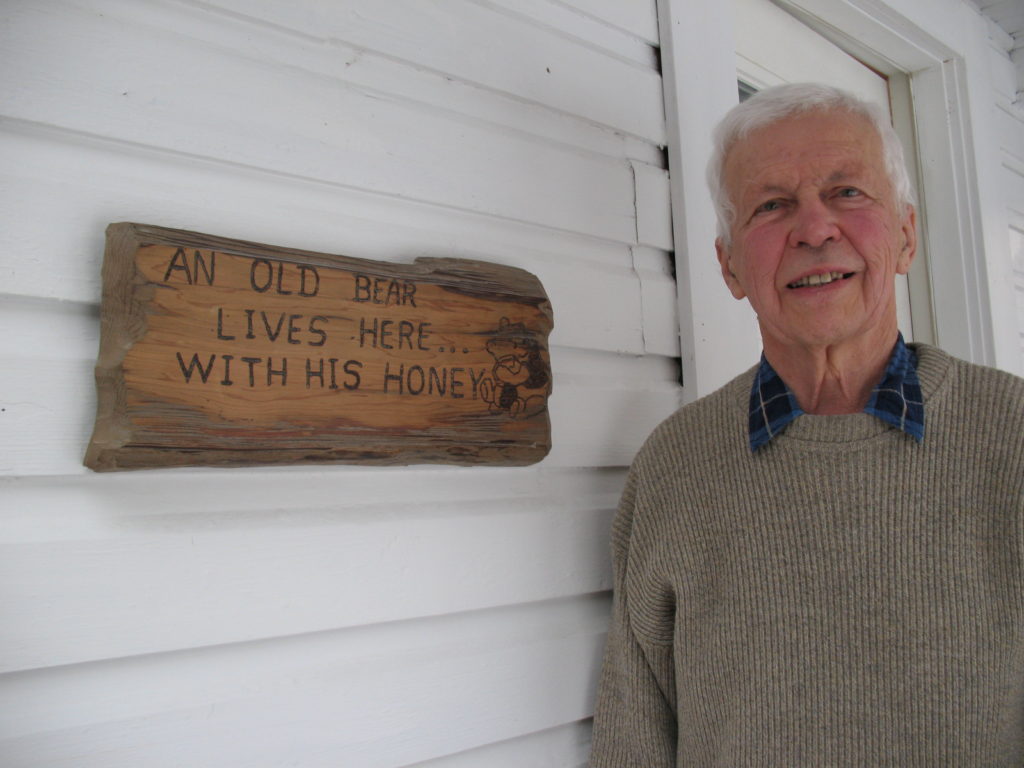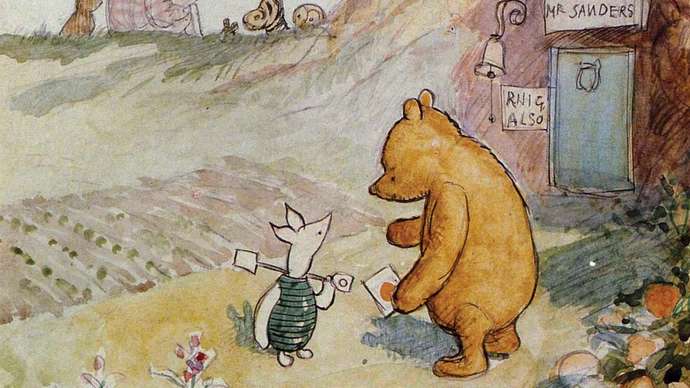
I came away from a conversation with Claudia Orellana Earl deeply impressed by the capacity of the human spirit to prevail in spite of opposition, setbacks, and danger. “When I was a child living in El Salvador,” she said, “I often hid under my bed at night, listening to gunshots and bombs exploding. Our country was caught up in a nasty civil war and I almost never felt safe.”
Claudia now lives in Princeton and owns All About Computers on Bridge Street. The memories of those danger fraught years are still vivid. “My mother’s husband and father both died in 1973,” she recalled. “It was a hard time for her. She never told me she loved me and couldn’t provide for the family, so she gave me to my grandmother. Grandmother became a mother figure for me and she loved me unconditionally. She never said a harsh word to me.”
In 1980, when Claudia was 10, her mother took her back and they set out for the U.S. border. A relative already in America sent two blond friends to Mexico to bring her over. “I didn’t know a word of English,” Claudia said. “I was afraid the border guards would ask me questions, but they assumed I was a child of the blond couple and ignored me.” Her mother was brought over in another vehicle. They lived in America until Ronald Reagan became president and ordered refugee claimants to go home, saying “it’s safe there now.”
El Salvador continued to be unstable and dangerous. Returning there was not an option they could consider. Fearing expulsion, they fled to Brandon, Manitoba where they were sponsored by a United Church. “Mom was really determined,” Claudia said. “She attended the University in Brandon and earned a BA in psychology.”
Living with fear and poverty in El Salvador had exacted a toll on Claudia’s mother. “She couldn’t say she loved me. If she saw anything in me she didn’t like, she withdrew from me. She taught me not to trust.”
Her mother couldn’t handle the cold and returned to Texas, where she earned two Masters degrees. Possibly the warm Texas sun, educational and professional success, and living in a safe environment had a healing impact on her. “Our relationship has improved,” Claudia observed, obviously relieved. “She doesn’t withdraw from me anymore, and she isn’t judgmental. Her determination to succeed has been a big influence in my life.”
Claudia married her high school sweetheart, and in 1992 they moved to Japan. “He returned to Canada to obtain a degree in architecture. I stayed in Japan and supported him, teaching English in a technical high school. I was shy and introverted but realized to be successful, I needed to change. I learned to project my voice and when the students didn’t understand, I acted out what I was saying. My ten years in Japan gave me confidence. It’s where I became the woman I am now.”
Claudia had never wanted to have children, fearing she would pass on too many negatives from her own past. This changed when her husband abandoned the relationship. She married a Japanese man and gave birth to a daughter. “The greatest disappointment of my life came when he walked out and refused to have any contact with our child. It made her very sad that she couldn’t spend time with her dad. I don’t understand how a father could do this.”
Looking back now, Claudia said “there have been a lot of events in my life. My mom was a gypsy, and I’m one too. I’ve lived in 34 homes, 14 cities and 4 countries.” Coming to Princeton seems to have settled her. “Now I try to give the love my grandmother gave me. I’ve learned to be patient with my computer clients. If someone doesn’t understand, I’m very willing to explain it ten times. I want to live in a way that would make my grandmother proud.”
At the end of our conversation Claudia said, “People who complain don’t understand what it’s like to live with fear and poverty. We’re so blessed in this country. I’m very grateful that I have a family, a home and a business. And I’m grateful I don’t have to hide in fear under my bed at night, listening to gunshots and explosions. I love the people here, and I love being close to nature. I really feel at home in Princeton.”



